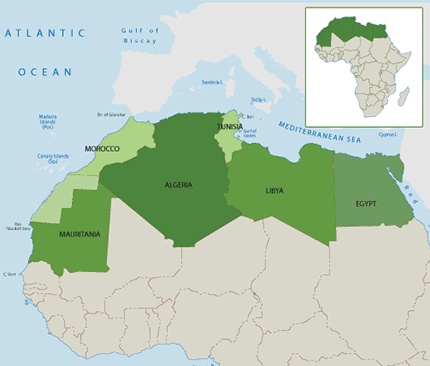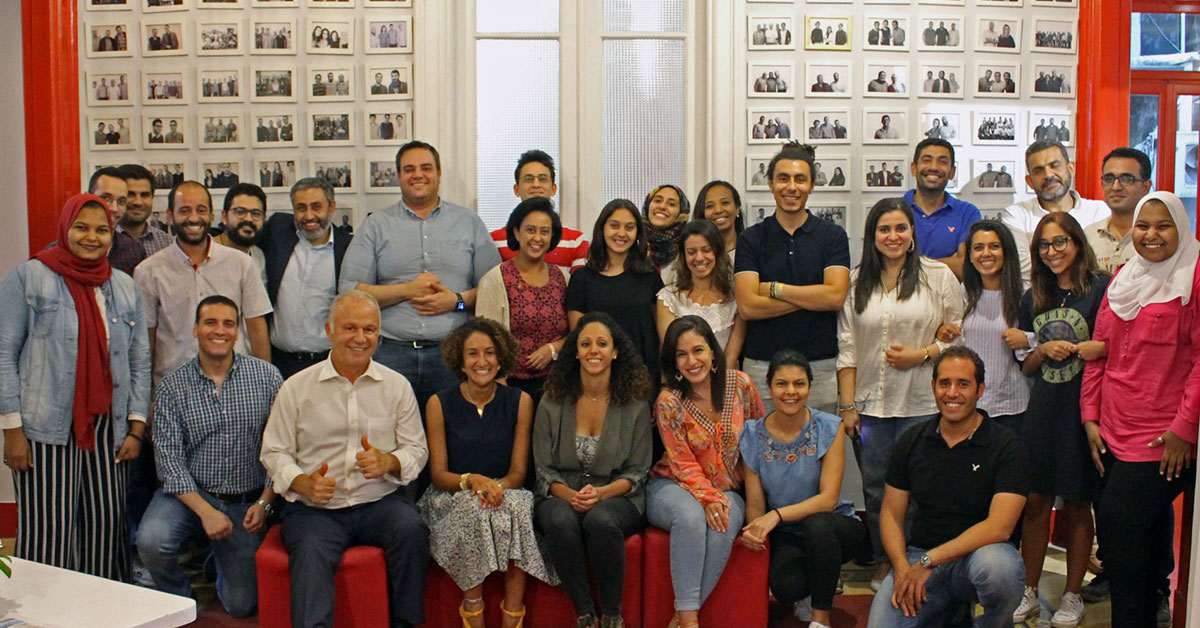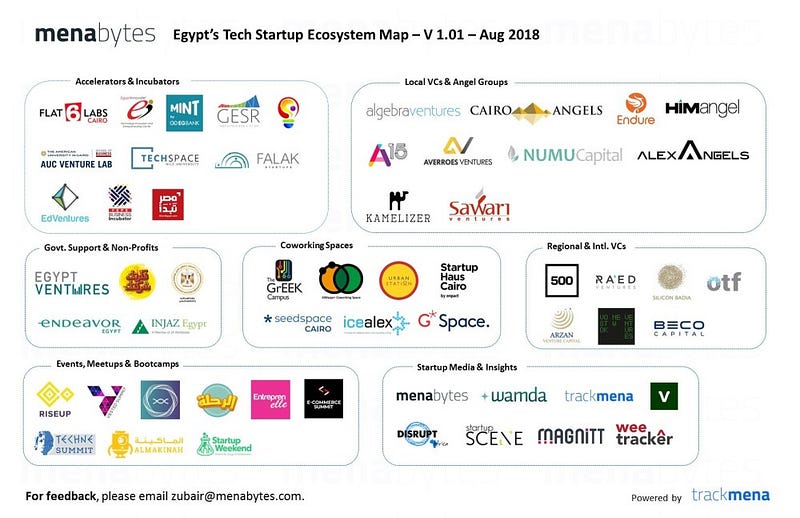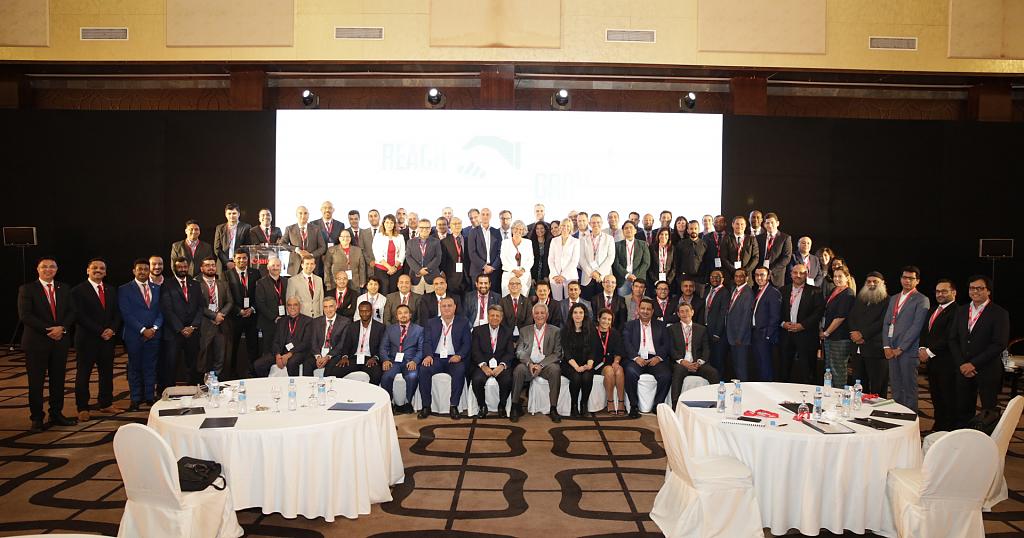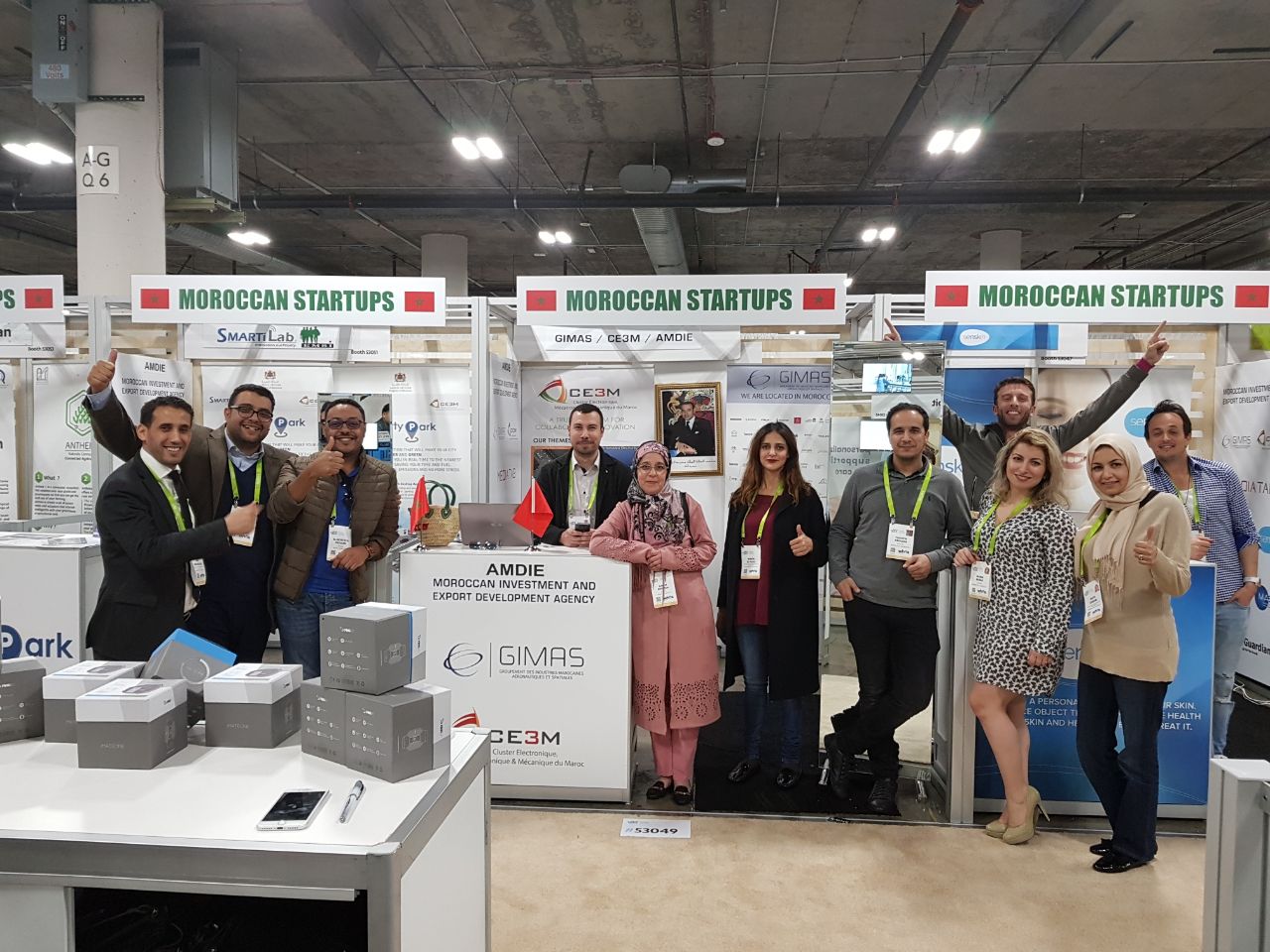North African Countries Compete for Russian, Chinese COVID-19 Vaccines
The North African countries of Morocco and Algeria seem to have taken their competition for regional supremacy to another level as both are in a race for Covid-19 vaccine trials. While the Chinese vaccine trials are underway in Morocco, Algeria is acquiring the controversial Russian vaccines.

Morocco and Algeria have chosen different paths in pursuing vaccines against COVID-19. Morocco has chosen to take part in clinical trials for China’s CNBG vaccine. Algeria has instead chosen to purchase the Russian “Sputnik V” vaccine. Both vaccines are in the latter stages of clinical testing, even though Russia has already claimed success.
The global race to develop COVID-19 vaccines is escalating. It began to turn into a frenzied rush after Russian President Vladimir Putin declared on August 11 the country’s Sputnik V vaccine to be the first proven inoculation. However, Russia’s vaccine is still undergoing important final trials.
Many analysts see nationalist and capitalist incentives driving the rush to produce the first vaccine. “I think there’s a big rush, a somewhat nationalistic rush and also somewhat capitalistic rush as well,” Professor Richard Peto of Oxford University told the Guardian. “It will actually make it more difficult to evaluate other vaccines,” he stated while adding, “we really do need quite strong evidence of efficacy.”
Protests emerged in Johannesburg after a local university partnered with Oxford to start Africa’s first clinical trials for a COVID-19 vaccine in July. “We are not guinea pigs,” protesters said. Now that vaccines have reached the third stage, where larger groups of people take the vaccine, opinions are changing about taking part in trials.
Read also:South Africa’s Biggest Bank Acquires Stake in Leading Fintech, TradeSafe
Morocco is one of the countries where a new vaccine is undergoing testing. Thousands of Moroccan volunteers are taking the vaccine developed by Chinese laboratory Sinopharm CNBG. By cooperating in the vaccine development process, Morocco will have earlier access to an eventual final vaccine and hopes to manufacture the drugs locally.
In the race for vaccines, Algeria has taken a different route than Morocco. According to the North Africa Journal, the Pasteur Institute of Algeria has welcomed a team of Russian researchers representing their country’s government to negotiate purchasing the vaccine.
Yet both the Chinese and Russian vaccines have yet to clear the final hurdle of clinical trials. In the last stage of vaccine development, large groups take the drug to test for side effects or health risks. Algeria’s choice to discuss purchasing large quantities of the Russian vaccine is a risk, as trial results could disprove its efficacy after the order is already placed. Morocco, in contrast, is helping with the scientific process to realize an effective vaccine, without running the risk of purchasing a faulty or dangerous drug.
Read also:South Africa’s Biggest Bank Acquires Stake in Leading Fintech, TradeSafe
Both Morocco and Algeria are taking a proactive approach in the race for vaccines, although their risks differ. Whatever the outcome of the Chinese and Russian drugs might be, both nations are actively working to ensure citizens get a working vaccine. The need for vaccines is apparent as Algeria continues to see hundreds of new cases, while Morocco is frequently recording more than 1,000 new infections daily.
Fears over the distribution of vaccines are legitimate. Rich Western countries have already implied that they will ensure vaccines first go to their populations. These developments make it ever more important for countries in the Maghreb region to find ways to procure early access as well. While much remains unclear, Morocco and Algeria at least appear proactive in ensuring adequate vaccines are made available when they pass the final clinical trials.
Kelechi Deca

Kelechi Deca has over two decades of media experience, he has traveled to over 77 countries reporting on multilateral development institutions, international business, trade, travels, culture, and diplomacy. He is also a petrol head with in-depth knowledge of automobiles and the auto industry


